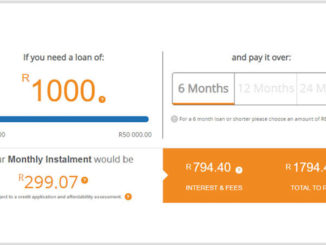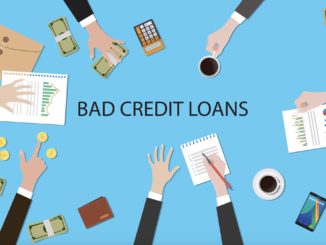
Are you struggling with your debts? Do you want to merge a number of debts into one? If you can not afford to pay your credit card debts and you are looking for possible solutions to overcome your financial issues, there are four ways to consolidate a credit card debt. Let’s what they are in below:
Balance Transfer Cards
To start with, if you have an excellent credit score (above 690), you may consider 0% balance transfer cards which allow you to transfer all of your other credit card debts into one credit card without charging interest for a promotional period. If you fail to complete your repayments in that period (usually 12 to 18 months), you will get a regular credit card interest rate again. Also, you may be charged a balance transfer fee (around 3%) or an annual fee for the process.
Personal Loan Or Home Equity Loan
Secondly, banks, credit unions or private lenders can provide you unsecured personal loans with lower interest rates which may help you to consolidate your credit card debts. If you want to get a lower than normal interest rate (maximum annual rate of interest is %18) and more flexible terms despite your poor credit score, applying for a personal loan provided by your local credit union would be a better choice since they are not-for-profit entities and usually owned by their members.
Online lenders usually have higher interest rates (%36) and they do not charge fees if you want to pay off your loan earlier but they may charge an origination fee. Thirdly, If you do not have a good credit score and think you can not afford interest rates of unsecured loans, you can consider applying for a home equity loan or line of credit. Since these type of loans are secured by your house, you will get a lower interest rate than an unsecured loan. But, if you fail to repay, you lose your house.
401(k) Loans
Lastly, if you can not receive balance transfer cards or other types of loans, you may apply for a 401(k) loan as long as you have an employer-sponsored retirement account. Although it may sound great since it has lowest interest rates and it will not show up on your credit report, there are several disadvantages you should take into account such as reducing your retirement fund, taking risk of heavy penalties and fees, etc.


